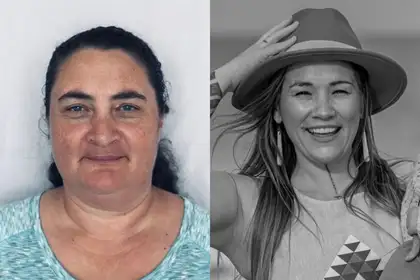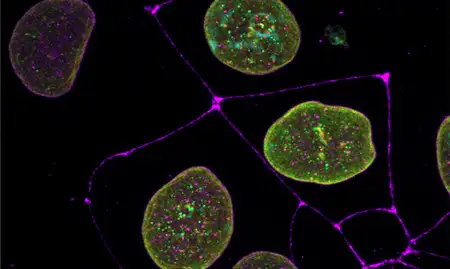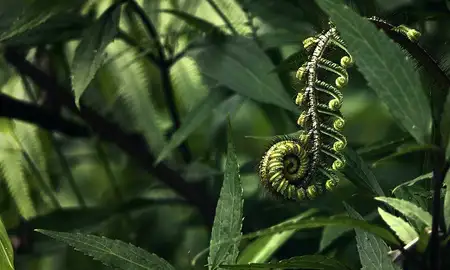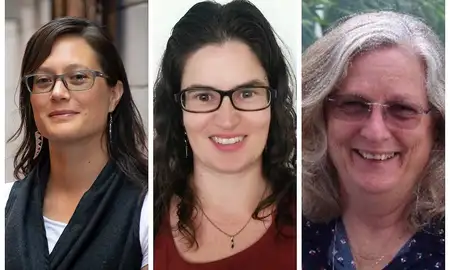
Dr Belinda Borrell (left) and Dr Teah Carlson.
Dr Belinda Borrell, Ngāti Ranginui, Ngāi Te Rangi, Whakatōhea, and Dr Teah Carlson, Te Whānau-ā-Apanui, Ngāti Porou, Waikato-Tainui, have each received a fellowship, which supports mid- to senior-career Māori health researchers who show exceptional leadership potential in their field.
They will have four years of support to develop their research leadership skills, translate research findings into improving Māori health outcomes and contribute to building a highly skilled Māori health research workforce.
Dr Belinda Borell - He Kaakaakura Whakamaatau
Dr Borell’s fellowship follows on from her 2018 Hohua Tutengaehe Postdoctoral Fellowship in Māori health and will support two research projects.
The first will see her conduct a comparative, intersectional analysis of the racialised discourse of poverty and deserving that creates both a systemic lack of empathy and poor Māori health outcomes. The second will see her explore evidence from Statistics New Zealand on state care trauma victims and the compound effects on survivors and their descendants. This project will follow a Māori data sovereignty methodology that will put this data into service for the benefit of Māori communities.
The fellowship will also support Dr Borrell to expand a younger Māori workforce with the specific experience of issues in state care. This mahi will reflect the Māori community by opening opportunities for broader Māori skillsets outside of academia. Students and participants will define the research and mahi, with Dr Borrell as their mentor.
“This opportunity will further my research and leadership goals, which HRC has reflected by honouring tikanga and research flexibility in partnerships. HRC is filling the mid-career research funding support gap, which is a huge relief,” Dr Borrell says.
Dr Teah Carlson - Hāpai te hauora: Breathing your ancestors into life
This project comes from a research career dedicated to Māori health outcomes and will build on Dr Carlson’s 2013 Māori Health PhD Scholarship and 2018 HRC-funded project.
Following on from what rangatahi Māori (Māori youth) taught her, she will collaborate with Te Tairāwhiti rangatahi to explore their rural and urban climate change perspectives. She will employ wairua (infinite realm/spirituality), pūrākau (art of truth telling) and wānanga (space of higher learning) methodologies to co-design and co-create with the participants around issues of environmental health, climate crisis and ongoing colonial impacts.
As a developing leader, Dr Carlson will provide wrap-around support to develop a co-creative climate emergency response. She says that the goal is for rangatahi to have the skills to run their own wānanga and research programmes, which also means normalising research skills and access to research, ultimately providing empowering environments for rangatahi to be confident as experts in their own lives.
The research will also help communities become self-sufficient by supporting three community research internships and two summer internships.
Dr Carlson’s goal was always to build her expertise and return home to Te Tairāwhiti to share them.
“As a māmā myself, I know rangatahi have great potential, can push boundaries and are creative, and I want to support actionable research processes that are whānau-centred.”
Read more about the Māori Health Research Emerging Leader Fellowships here.
Related news
Cellular ageing research awarded Health Research Council Explorer Grant
A research project looking at ageing at the cellular level has been awarded one of 17 Explorer Grants by the Health Research Council (HRC) of New Zealand.

HRC funds study of mātauranga Māori (traditional knowledge) of nutrition-related wellbeing
Dr Nikki Renall, Taranaki, has been awarded a Māori Health Research Postdoctoral Fellowship grant from the Health Research Council of New Zealand.

Three Massey academics awarded HRC funding to further research
Māori infant and maternal health, supporting vocational rehabilitation and developing a strangulation screening tool for first responders are three areas of research that have been recognised in the latest round of the Health Research Council of New Zealand Research Activation Grants.
